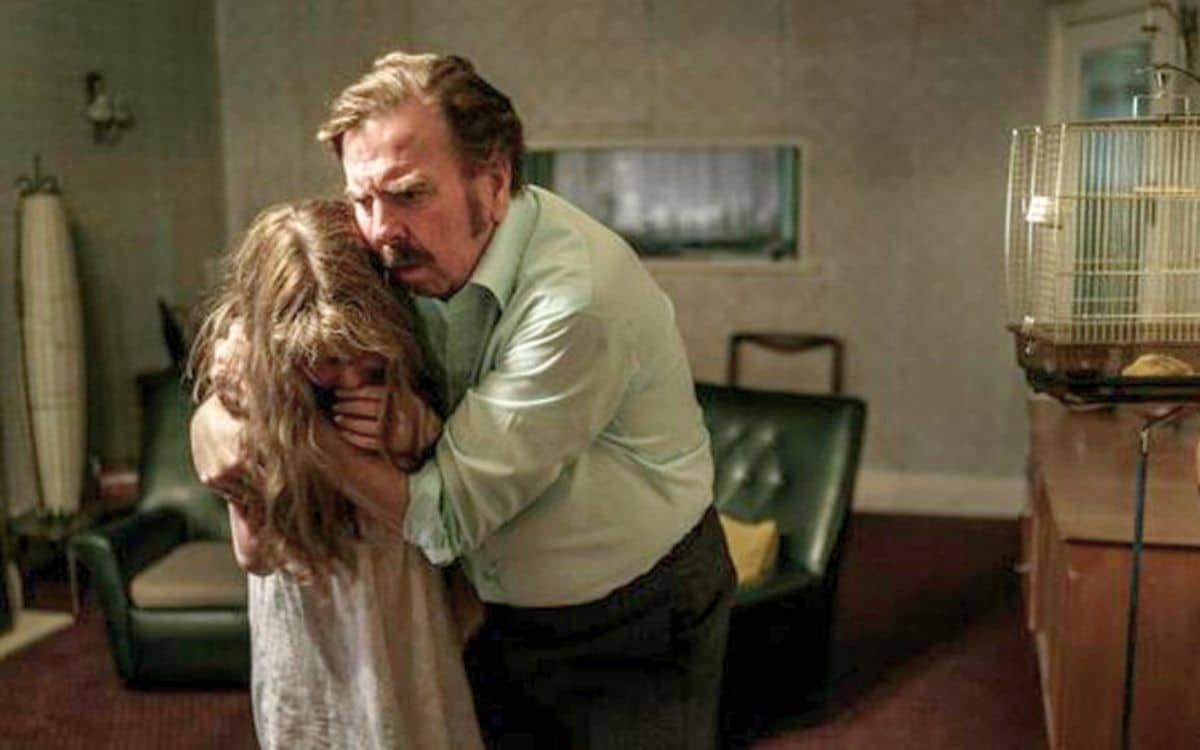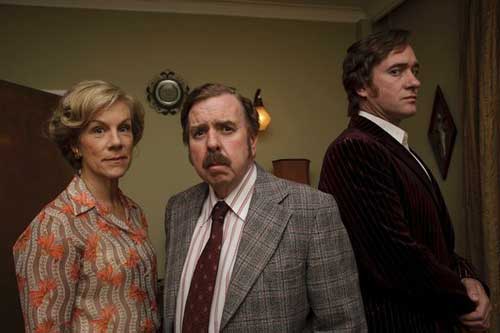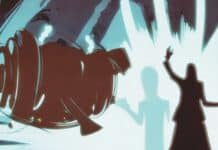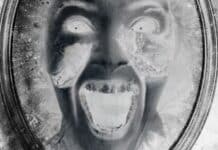The Enfield Haunting case, despite some fakery, offers compelling evidence of a genuine paranormal event, argues MATTHEW E BANKS, highlighting its lasting impact on history and drama

On a sweltering day in August 1977, a telephone call to the police led to what has been described as the most documented account of poltergeist activity in British history, which has divided experts and critics alike for more than 40 years.
“Just before I died, I went blind and then I had a haemorrhage. I fell asleep and died in the chair in the corner downstairs.”
A long-since-dead man speaks through an 11-year-old girl; furniture is thrown in the air, flying objects are hurled towards witnesses, people are levitated, cold breezes are felt, physical assaults occur, graffiti appears on the walls, water manifests on the floor, and matches spontaneously combust.
This is not Borley Rectory or the events at Amityville. These are just some of the alleged incidents that occurred at a semi-detached council house in Green Street, Enfield, terrifying the family that lived there. Single parent Peggy Hodgson and her four children – Margaret, 13, Janet, 11, Johnny, 10, and Billy, 7 – were forced to sleep with the light on, so afraid were they of what might happen if they turned the lights off. Most of the activity centred on Janet, who is seen in one famous photograph being levitated off her bed.
The case became known as The Enfield Poltergeist and was the inspiration for Stephen Volk’s 1992 mockumentary Ghostwatch on BBC Television. In 2007, Interview With A Poltergeist, a documentary on the case, aired on Channel Four. It has also been featured in episodes of Strange But True? and Extreme Ghost Stories.
In 2016, the case exploded onto the cinematic screen in The Conjuring 2: The Enfield Poltergeist. Patrick Wilson and Vera Farmiga reprised their roles as paranormal investigators Ed and Lorraine Warren, who travel to England to investigate the apparent haunting. The film was released on 7 June 2016 and grossed over $320 million worldwide.
On 3 May 2015, SkyLiving broadcast a three-part dramatisation of the case, adapted from Guy Lyon Playfair’s book, This House Is Haunted, by Joshua St. Johnston and directed by The Killing’s Kristoffer Nyholm. The Enfield Haunting starred Timothy Spall as SPR investigator Maurice Grosse, with Juliet Stevenson as his wife, Betty, Matthew Macfadyen as fellow SPR investigator and sceptic Guy Lyon Playfair, and Janet played by Eleanor Worthington Cox, the youngest recipient of the Laurence Olivier Awards.

Throughout the three episodes runs the thread of the death of Grosse’s daughter and how it affected him, his family, and his role in the investigation. As producer Adrian Sturges would say: “So we took the original true story and wanted to make it a proper drama. So while we’ve been respectful of the real elements, we wanted to tell a version of it that would be dramatic and entertaining, whilst also respecting the true elements.”
Though many of the elements have been seen in other films – furniture moving and drawers opening (The Sixth Sense), banging on the walls (The Haunting), the use of a medium (Night of the Demon), and, of course, talking in different voices/exorcism (The Exorcist)—what makes this drama so compelling is that it is based on documented FACT. The incidents that are dramatised happened to real people who did not understand or comprehend what was happening to them.
Maurice Grosse died on 14 October 2006, a well-respected member of The Society for Psychical Research, believing that the Hodgsons had been terrorised by a poltergeist, despite knowing that the girls had ‘faked’ some of the events (having been caught out).
Spall plays the inventor and ghost-hunter in a restrained manner, allowing the viewer to feel the inner turmoil of the man who has just lost his daughter, while Juliet Stevenson as his wife gives both their characters the voice of the audience, who want to know if there is something more after we pass on. Do we just cease to exist, or is there something else for us? The strength of their performances brings Maurice and his wife to life.
Matthew Macfadyen as Guy Lyon Playfair brings an air of authority as the sceptical investigator who ends up believing. Yet the whole programme hinges on the believability of Worthington Cox as the tormented Janet, and she delivers on every level, giving a tour-de-force performance that has you spellbound from the very beginning.
If the programme does anything, I think it would make people take a good hard look at the case through fresh eyes. Taking out the elements that the girls were caught faking, there is simply too much evidence for it not to have been a real occurrence.
MATTHEW E. BANK originally wrote this article in 2014 and has updated it for Spooky Isles in 2024.
What are your thoughts about The Enfleid Poltergeist Haunting Case? Tell us in the comments section below!







